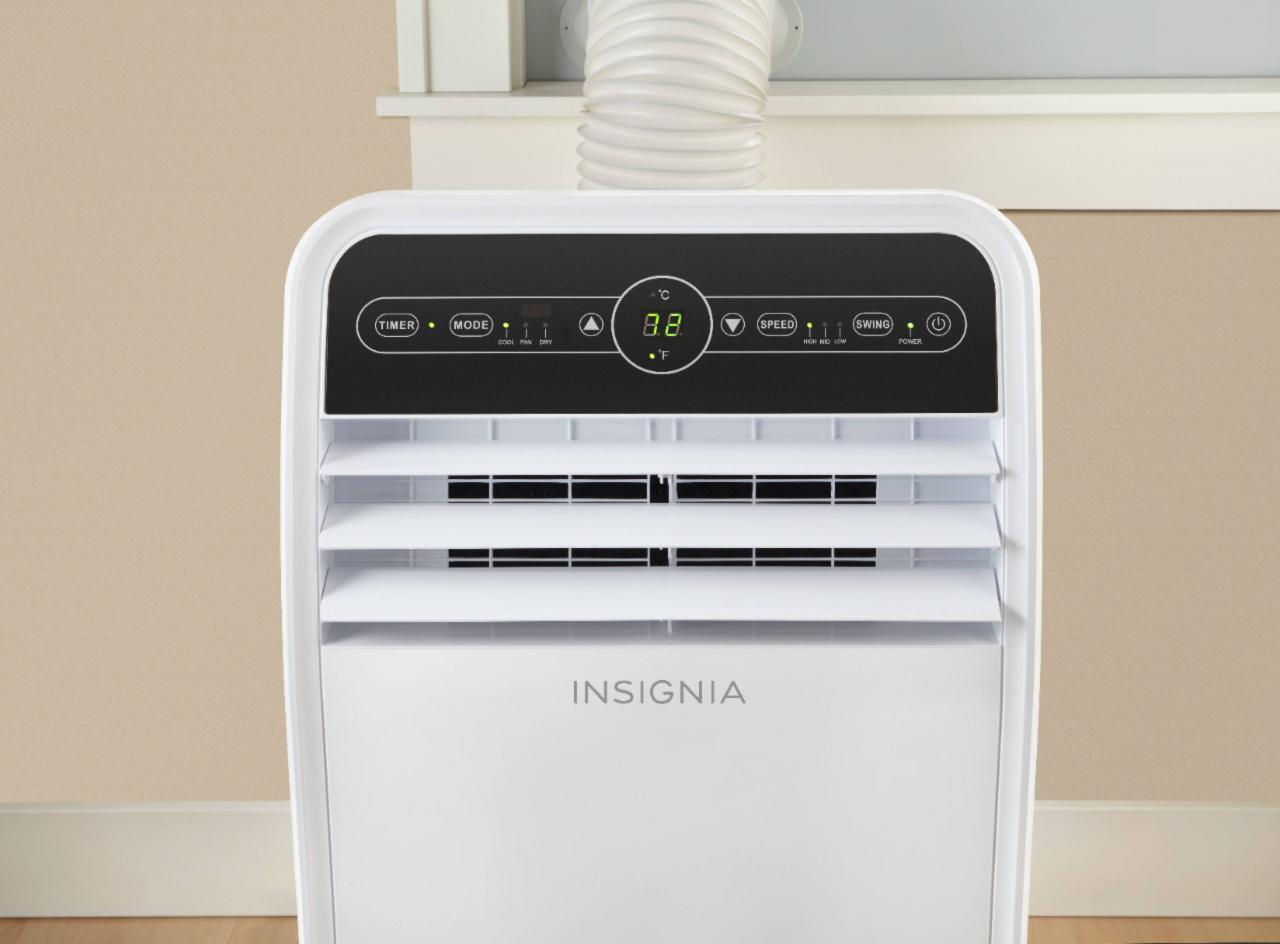Best Fitness Apps for Tracking Calories Burned provide essential tools for individuals looking to monitor their fitness journey effectively. In a world increasingly focused on health and wellness, these applications not only allow users to track their caloric expenditure but also offer insights into their overall physical activity and lifestyle choices. With the rise of technology, fitness apps have become indispensable companions for anyone aiming to achieve their fitness goals, making it simpler than ever to stay informed and motivated.
Numerous fitness apps are available, each offering unique features that cater to various user needs. From tracking workouts and monitoring heart rates to providing personalized workout plans, these applications equip users with the information needed to enhance their fitness routines. As the demand for effective calorie tracking tools rises, understanding which apps stand out can greatly benefit those on their fitness journey.
Artificial Intelligence (AI) has emerged as a transformative force in various sectors, with healthcare being one of the most significantly impacted areas. The integration of AI technologies into healthcare systems has the potential to enhance patient outcomes, streamline operations, and reduce costs. In this article, we will explore the current applications of AI in healthcare, the benefits and challenges associated with its implementation, and the future prospects of AI technologies in this vital sector.
Current Applications of AI in Healthcare
The use of AI in healthcare spans a wide range of applications. These include diagnostics, treatment personalization, patient engagement, and administrative tasks.
1. Diagnostics
AI algorithms are increasingly being utilized for medical diagnostics, particularly in radiology and pathology. Machine learning models, trained on vast datasets of medical images, can assist radiologists in detecting anomalies such as tumors in X-rays and MRIs with remarkable accuracy. For instance, a study published in ‘Nature’ demonstrated that an AI system could match or outperform human radiologists in identifying breast cancer from mammograms.
2. Treatment Personalization
AI can play a crucial role in customizing treatment plans for patients based on their unique genetic makeup, lifestyle, and environmental factors. By analyzing large datasets, AI systems can identify which treatments are likely to be the most effective for specific patient profiles. For example, AI-driven platforms are being used to predict how patients will respond to certain cancer therapies, allowing for more tailored and effective treatment strategies.
3. Patient Engagement
AI-powered chatbots and virtual health assistants are becoming common tools for enhancing patient engagement. These tools can provide 24/7 support to patients, answering their questions regarding symptoms, medications, and appointments. Moreover, AI can analyze patient data to send reminders for medication adherence or follow-up appointments, thereby improving compliance and health outcomes.
4. Administrative Tasks
In addition to clinical applications, AI can streamline administrative processes within healthcare facilities. Tasks such as scheduling, billing, and managing electronic health records can be automated using AI technologies. This not only reduces the administrative burden on healthcare providers but also decreases the likelihood of errors associated with manual entry.
Benefits of AI in Healthcare
The integration of AI into healthcare offers numerous benefits, including enhanced efficiency, improved patient outcomes, and reduced costs.
1. Enhanced Efficiency
By automating routine tasks, AI can significantly enhance the efficiency of healthcare delivery. This allows healthcare professionals to focus on more complex patient care aspects, improving productivity and job satisfaction. For example, AI algorithms can process and analyze vast amounts of data in a fraction of the time it would take a human, leading to quicker diagnosis and treatment initiation.

2. Improved Patient Outcomes
AI’s capability to analyze patient data and predict health outcomes can lead to better clinical decisions and improved patient outcomes. For instance, predictive analytics can identify patients at high risk for certain conditions, enabling preventive measures to be taken early. This proactive approach can save lives and reduce the burden on healthcare systems.
3. Cost Reduction
AI can contribute to significant cost savings within healthcare systems by reducing unnecessary tests, minimizing hospital readmissions, and optimizing resource allocation. For example, predictive analytics can help in efficient staffing by analyzing patient flow patterns, ultimately leading to reduced operational costs.
Challenges of Implementing AI in Healthcare
Healthcare data is highly sensitive and subject to strict regulations. The use of AI requires access to large datasets for training algorithms, which raises concerns regarding patient privacy and data security. Ensuring that patient information is protected while still leveraging data for AI applications is a critical challenge that the healthcare industry must overcome.
2. Ethical Concerns
The use of AI in clinical decision-making raises ethical questions regarding accountability and bias. Decisions made by AI systems can have significant consequences for patient care. It is essential to ensure that AI algorithms are transparent and that healthcare providers understand how these systems arrive at their recommendations. Moreover, biases inherent in training data must be addressed to prevent disparities in patient care.
3. Regulation and Standardization
The rapid development of AI technologies has outpaced existing regulations in the healthcare sector. Establishing clear guidelines and standards for AI applications is necessary to ensure their safe and effective use. Regulatory bodies must work closely with AI developers and healthcare professionals to develop frameworks that promote innovation while safeguarding patient welfare.
The Future of AI in Healthcare
The future of AI in healthcare is promising, with several trends expected to shape its evolution in the coming years.
1. Increased Collaboration Between Humans and AI
Rather than replacing healthcare professionals, AI is expected to augment their capabilities. The future will likely see a collaborative approach where AI systems assist healthcare providers in decision-making, allowing for more informed and efficient patient care.
2. Expansion of Telehealth Services
The COVID-19 pandemic accelerated the adoption of telehealth services, and AI is poised to further enhance this area. AI can facilitate virtual consultations, monitor patient conditions remotely, and analyze data from wearables, making healthcare more accessible and convenient for patients.
3. Continuous Learning and Improvement
AI systems will continue to learn and improve over time as they are exposed to more data. This adaptive learning will enhance the accuracy and effectiveness of AI applications in healthcare, leading to better patient outcomes and more efficient healthcare delivery.
Conclusion: Best Fitness Apps For Tracking Calories Burned
In conclusion, the integration of AI into healthcare presents significant opportunities to improve patient care, enhance operational efficiency, and reduce costs. While there are challenges to address, the potential benefits of AI technologies are substantial. Continued collaboration among healthcare professionals, technologists, and regulatory bodies will be essential to ensure that AI is used ethically and effectively in the healthcare sector.
As we look to the future, the promise of AI in healthcare is not just a technological advancement but a means to revolutionize how we approach patient care and health management.











